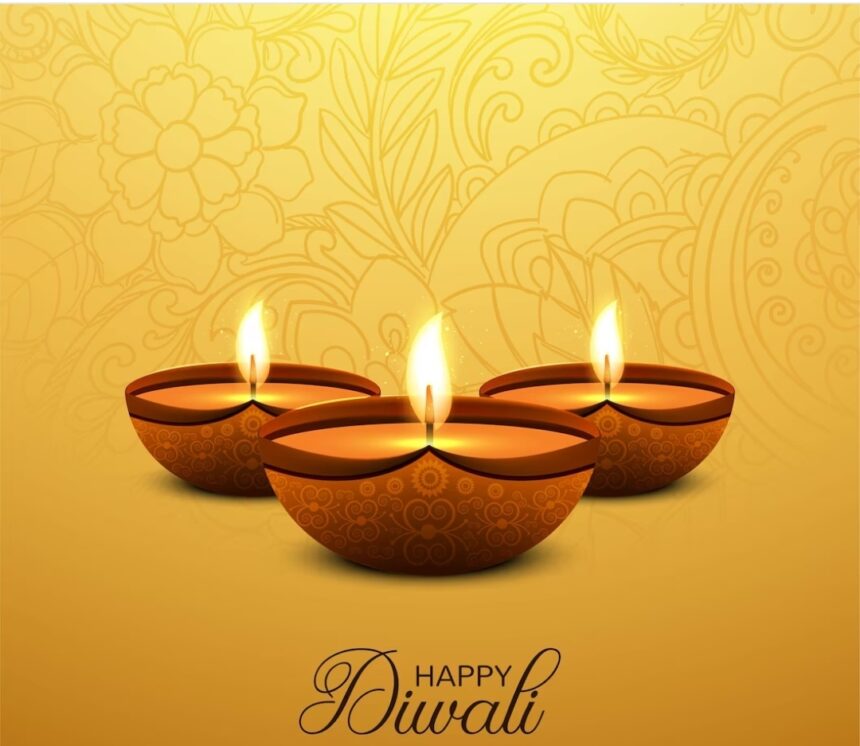Diwali, the festival of lights, plays a crucial role in providing a significant boost to the Indian economy and supporting local artisans. This annual celebration, marked by vibrant decorations, traditional rituals, and the exchange of gifts, contributes to economic growth in various ways.
Firstly, Diwali stimulates consumer spending, creating a surge in demand for a wide range of goods and services. As the festival approaches, individuals engage in extensive shopping for new clothes, jewellery, home decor, and electronics. This increased consumer activity drives sales, benefiting businesses across sectors, from retail to manufacturing. The heightened demand during the festive season often leads to a substantial uptick in production, generating employment opportunities and income for numerous workers.
Local artisans, in particular, experience a significant upswing in business during Diwali. Traditional handcrafted items such as diyas (oil lamps), rangoli (colorful floor art), and decorative items witness heightened demand. By purchasing these handmade products, consumers actively contribute to the livelihoods of local artisans and support the preservation of traditional craftsmanship. This not only helps sustain cultural heritage but also empowers artisans economically.
Moreover, the demand for sweets and traditional Indian delicacies surges during Diwali. Local sweet shops and small-scale food producers experience increased sales, providing a boost to the food industry. This spike in demand for festive treats leads to the expansion of production capacities and the hiring of additional staff, further contributing to economic growth.
Additionally, the real estate sector sees a surge in activity during Diwali. Many individuals consider this auspicious time to make significant purchases, such as buying a new home or renovating existing ones. The increased demand for housing and related services creates business opportunities for real estate developers, construction companies, and home improvement service providers, positively impacting the overall economy.
Diwali also marks the exchange of gifts among friends, family, and colleagues. This tradition drives sales in the gift industry, ranging from traditional Indian handicrafts to modern gadgets. The diversity of gift options caters to a broad consumer base, providing economic benefits to both local and international businesses.
Furthermore, the travel and hospitality industry experiences a surge in activity during Diwali as people often travel to be with their families or take vacations during this festive period. Increased tourism and hospitality services contribute to revenue generation and job creation, especially in regions known for their Diwali celebrations.
In conclusion, Diwali serves as a catalyst for economic growth in India by stimulating consumer spending, fostering demand across various sectors, and providing a platform for local artisans to showcase their skills. The festival’s impact is not only monetary but also cultural, as it strengthens the connection between communities and promotes the rich tapestry of Indian traditions.
For more information visit at https://happenrecently.com/zepto/?amp=1

